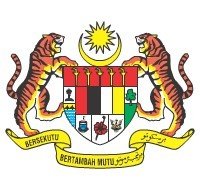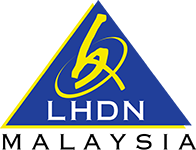a) Three proposed company names with its meaning to perform a name search to check availability before reserving it;
b) Copy of all partners identity card (I/C) or passport (for foreign partner)
c) Proposed business nature
d) Shareholding percentage of each shareholder
e) All Shareholders and Director’s email addresses, contact number and occupations.







